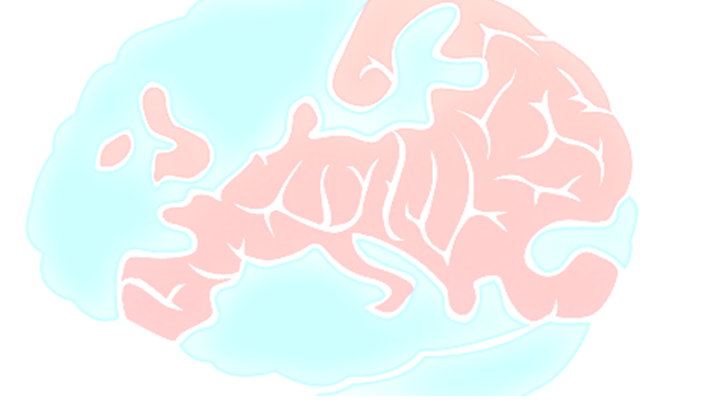
by Yana Prokofyeva. Originally published on 2014/02/12
The EU-Russian summit took place on the 28th of January. Amid tensions between the two parties the summit was postponed and limited to only one day, with smaller delegations present. At this point, it is fair to say that Russian-European relations are steadily worsening but what complicates the relationship between these two gigantic world and regional powers?
The frictions are of dual nature: short-term, provoked by current events (but nonetheless, high-profile), and long-term, based on more profound divergences of the two powers.
The short-term problems are currently related to two main factors: Ukraine and human rights protection. The fact that Ukraine chose to collaborate with Russia was quite a surprise for the EU, and definitely not a pleasant one. It brought back the issue of fighting over the area of influence in post-soviet countries, as Ukraine is one of the most coveted trophies. Much can be speculated about what is thought to be Russian imperial ambitions and European opposition to EurAsEC integration, but the fact is, Ukrainian events certainly did not improve EU-Russian relations. As for the human rights protection, it has almost always been among Western concerns (today’s attention just seems to have shifted from political freedom to LGBT rights). But as the Olympic Games approach, Western countries feel that it may be the moment to exercise pressure (although it is doubtful that these Games can be boycotted in the same way as in 1980).
The long-term complications between Russian and the EU are much more serious as their relations have been going through a crisis for quite a moment now. The negotiations of a new agreement remain in a state of deadlock (the Partnership and Cooperation Agreement is the essential document defining the framework of the EU-Russia relations but it has long passed its 10th anniversary and although it’s been automatically prolonged every year since, it is hopelessly obsolete), the Partnership for Modernization is not really working (but is described as “having a big potential” – somewhat of a fixed political cliché to describe something that does not really work) and comparatively small trade issues (for instance, in January Russia files its first trade dispute to the WTO against the EU) are piling up (we witnessed the same situation in the beginning of the century when questions over exported egg standards were even discussed during summits). Without forgetting the “usual suspects” either: discords concerning the energy sector (active fight for the right to determine the rules of the game) and stalled negotiations of a visa-free regime (started way back in 2001).
All these problems indicate only one thing: the crisis of the EU-Russia relations is quite a systemic one. It is not related to a single issue that could be easily resolved as the whole situation results from basic misunderstandings and stiffened stances of both parties.
The best outcome of the summit would have been if it had brought answers to this whole deal of pending questions. Where are EU-Russian relations heading? Is the EU ready to construct a dialogue not only with Russia but also with the Eurasian Union that is starting to take shape? Is Russia ready to take criticism about human rights violations in a calmer and more productive way?
Unfortunately, none of these questions were answered at the summit which means that none of these problems were solved. The summit was basically limited to both parties mentioning the current problems and expressing their concerns about them. Nobody could come up with any real solutions. The event received little coverage by the media as the only thing which was actually actively commented on was Barroso’s starting speech in which he cited Dostoïevski: «much unhappiness has come into the world because of bewilderment and things left unsaid». Looking back at the summit, this is, indeed, an excellent quotation to characterize Russian-European relations.
To conclude, both parties need a new vision of this relationship. An impetus is needed as it would allow them to break the deadlock and resolve all the technical issues. But the shortness of the summit and the lack of any promising results indicate that the parties do not consider it a priority. At the same time, worsening relations of the two of the greatest regional powers deprive the continent of many benefits, and can even have dangerous consequences.
Further reading:
Dmitri Trenin “Getting EU-Russia Relations back on track”.
Adam Balcer “The emergence of a new (old) Eurasia”.

 The ’Ndrangheta’s Infiltration and Threat to European Institutions
The ’Ndrangheta’s Infiltration and Threat to European Institutions  From Paper to Practice: How Grassroots Norms Undermine Gender Rights in Pakistan
From Paper to Practice: How Grassroots Norms Undermine Gender Rights in Pakistan  Exploited Childhoods: The Role of Global Corporations in Perpetuating and Mitigating Child Labour
Exploited Childhoods: The Role of Global Corporations in Perpetuating and Mitigating Child Labour  Human Rights Challenges in Addressing SLAPPs in Media, NGOs and Journalism in the EU
Human Rights Challenges in Addressing SLAPPs in Media, NGOs and Journalism in the EU 


